Torrie Dunlap gave a wonderful TEDx Talk about inclusion, special needs, abilities, and perspectives called "Isn't It A Pity? The Real Problem With Special Needs." You can watch the video of her speech at that link as well as read the transcript.
She brings up several key points that resonated with me, such as this one:
- "We have moved from hiding and institutionalizing children to a world where kids with disabilities are “special” and receive special services in special settings with special caregivers, and they- and their families- are disenfranchised from the community at large and have become their own separate community. I believe that “special” has become a euphemism for “separate.” When we create a separate, “special” places for children where their “special needs” can be met, we are teaching them that their place is over there, with people like them and not in the full community."
This is similar to what I was saying in my post That Word Special and also my feelings on our experiences with self-contained classrooms being separate and far removed from the typical classrooms, and same-age peers.
Torrie talks passionately about the mental way we think about disability using the medical model vs the social model. Here is a new word combing both of those ways of thinking: biopsychosocial model.
"This model accepts that medical labels and diagnoses are part of the identity of the person and environmental barriers are also considered when looking at how disability influences a child’s ability to function in the world. It’s a more holistic approach."
She brings up some great points about typical community events being aimed at having a 'special' time for 'special' kids to attend and what is that teaching everyone else? Again, separation. Why can't all kids just attend together with a few accommodations as needed for assistance?
Another example are special needs proms. I wonder about those, too. Why a separate prom? Why can't those students attend the prom at their own high school that they belong to? If they do go to their own high school prom, then why the need for a separate prom only for students with disabilities? Why does everything have to be separate?
I admit, we do attend things that are promoted and labeled as for families with disabilities/special needs. We go to the local children's museum on their "SuperStars" days. I think it is important with doing things within a specific community - such as the 'disability community' or the 'military community'. It's important to be with other families who understand the same situations or experiences; but it's just as important for inclusion to happen within all communities as well. We don't limit ourselves to just doing things that are meant for families with children with disabilities, we participate in all kinds of events and happenings in our community.
In closing, Torrie Dunlap asks the questions,
"How do we want to be included in our communities? How do we want our children to be regarded? As something fragile, broken and “special” or as people who have a right to belong in our communities? I believe that when we examine our own mental models toward disability, we won’t default to pity and charity but will focus our efforts on making our society accessible to everyone, and everyone will benefit.



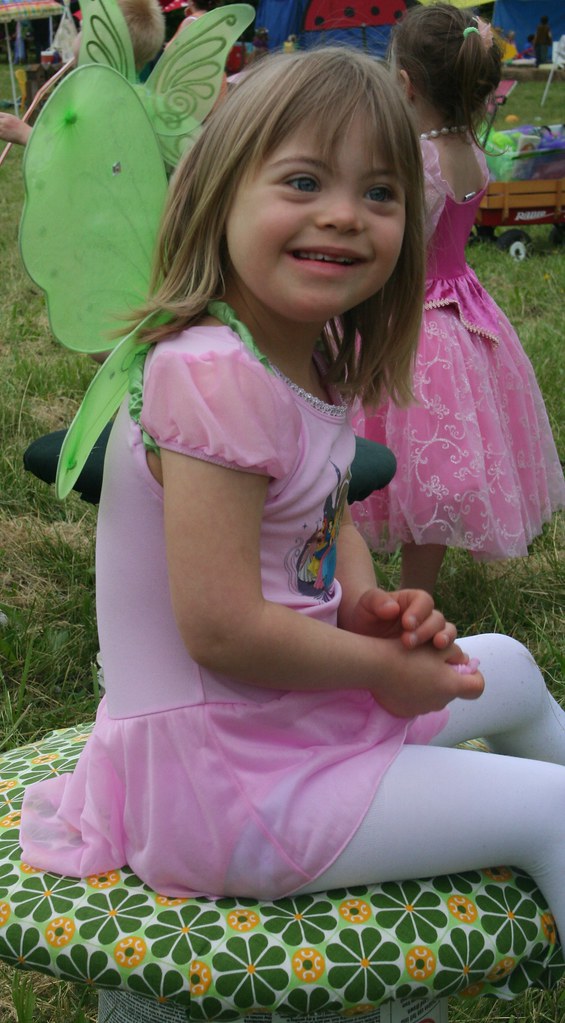

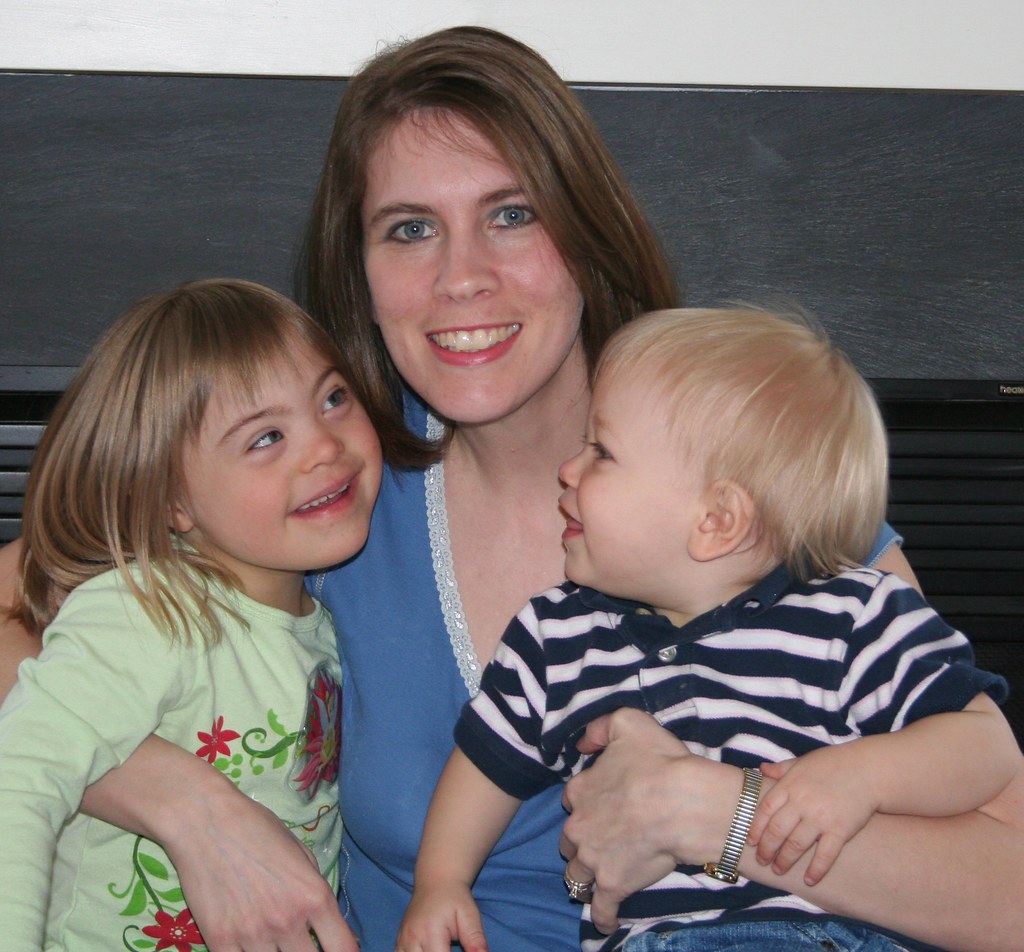
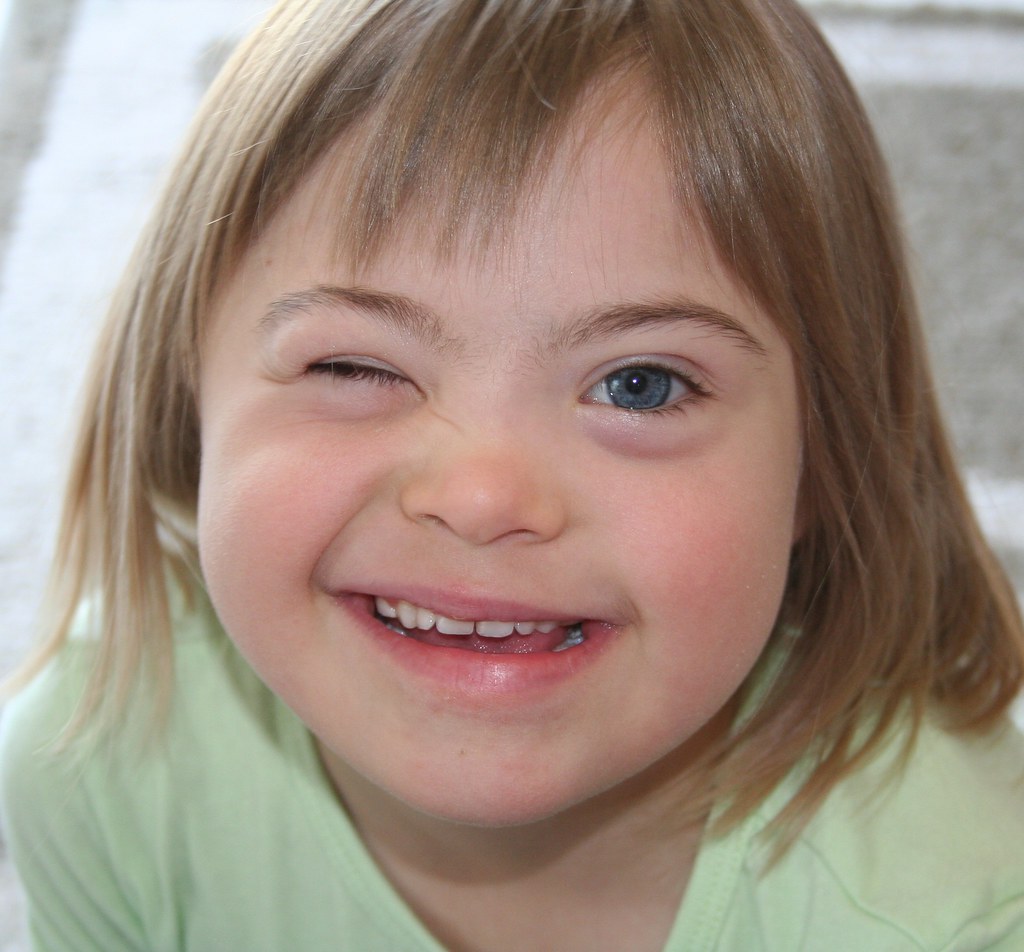
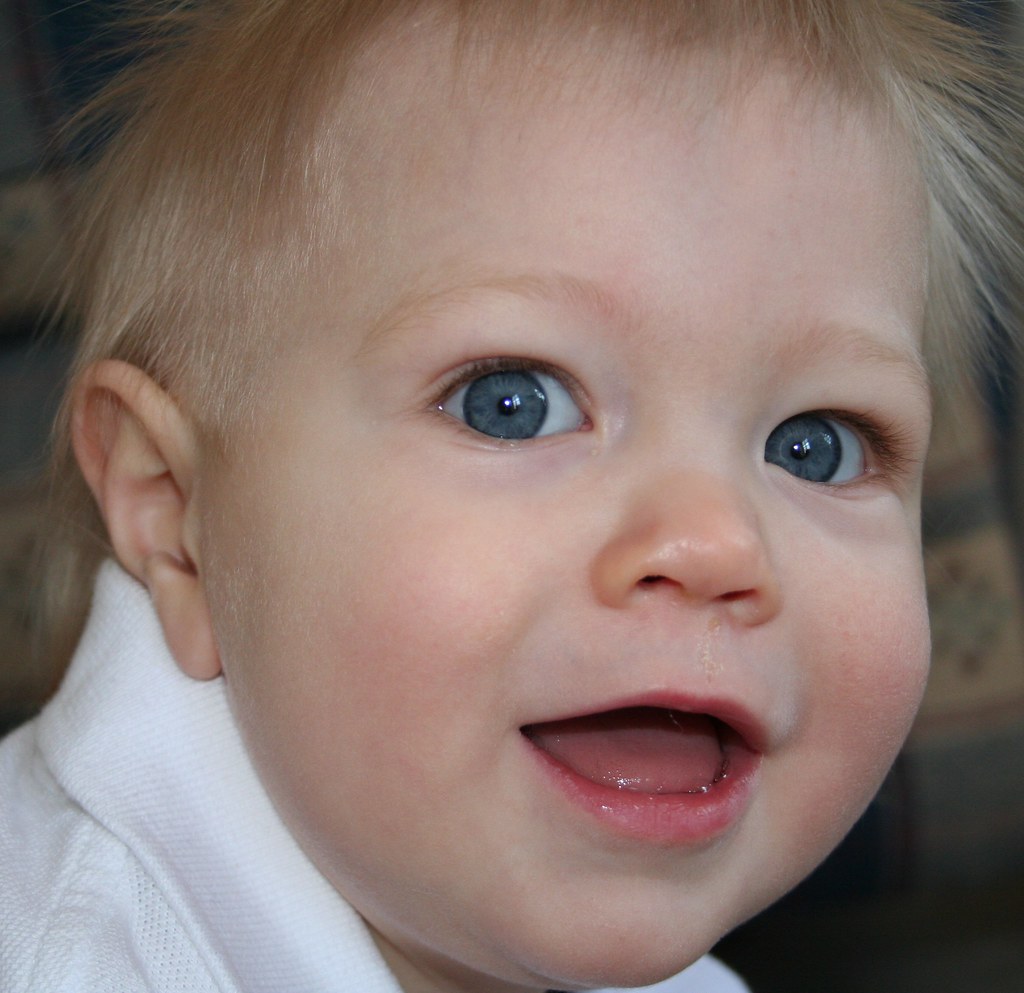
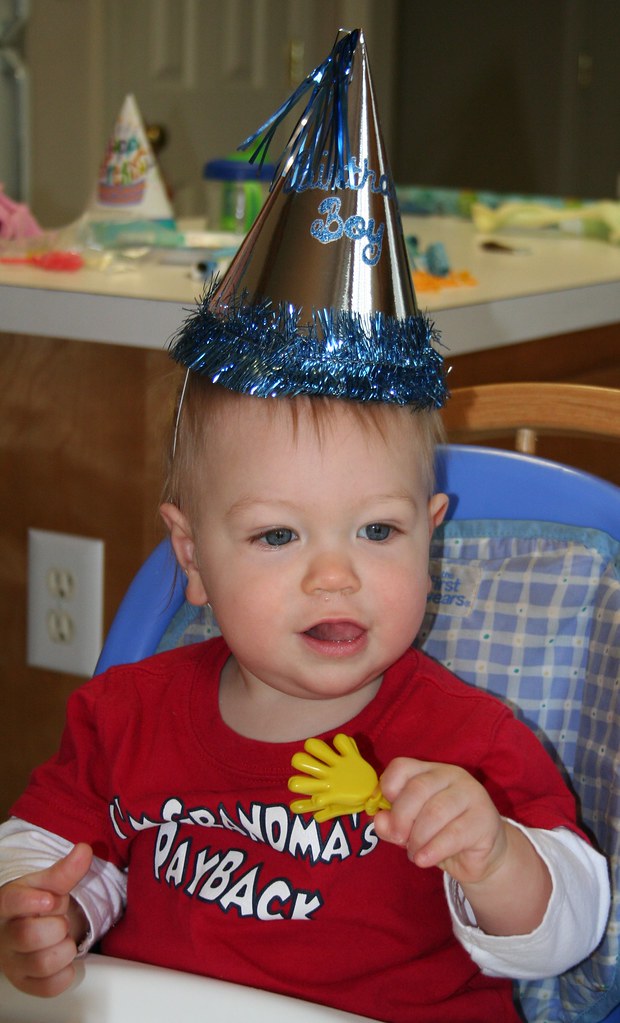
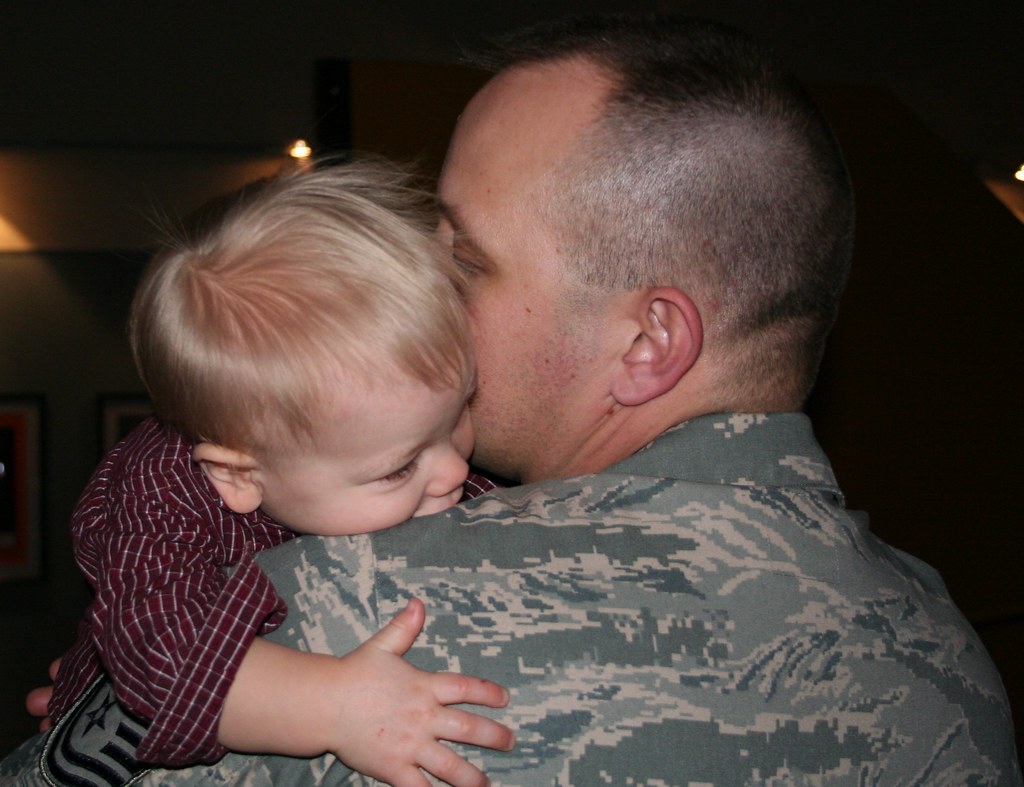
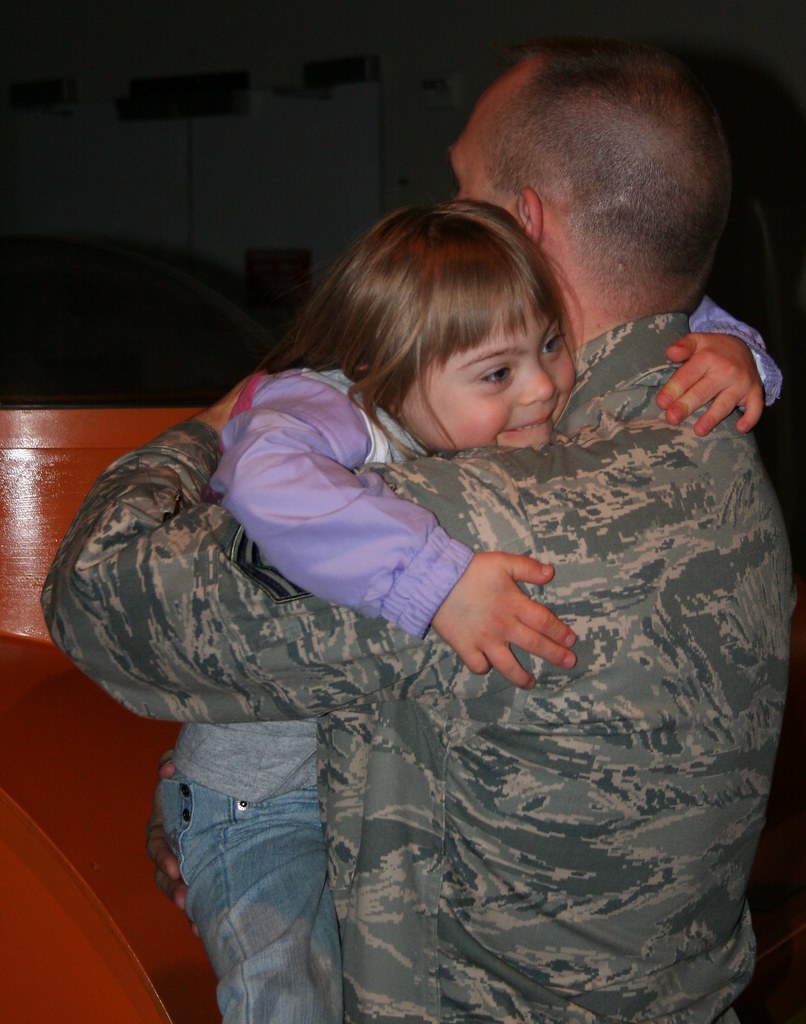
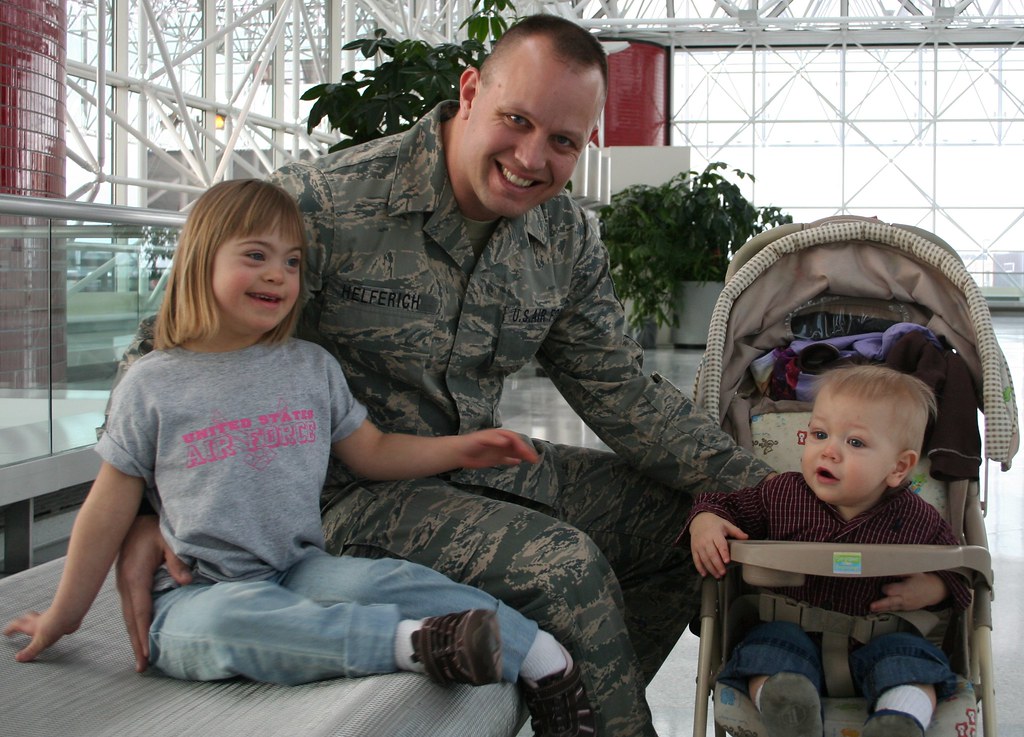
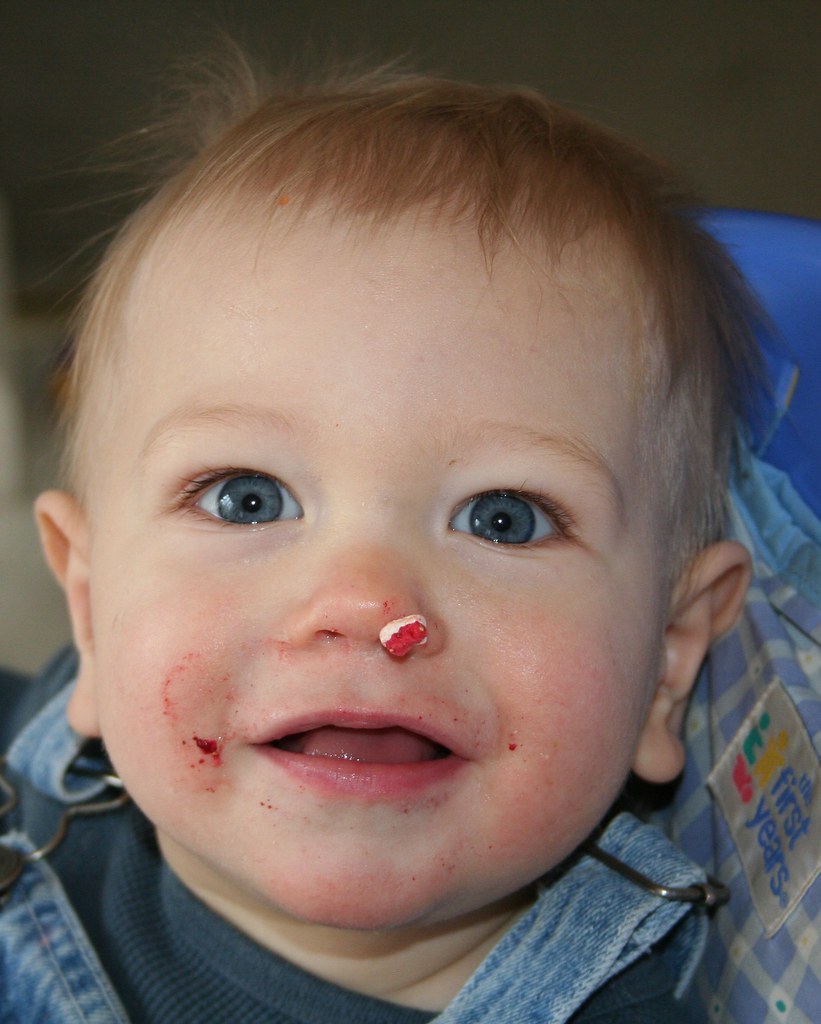
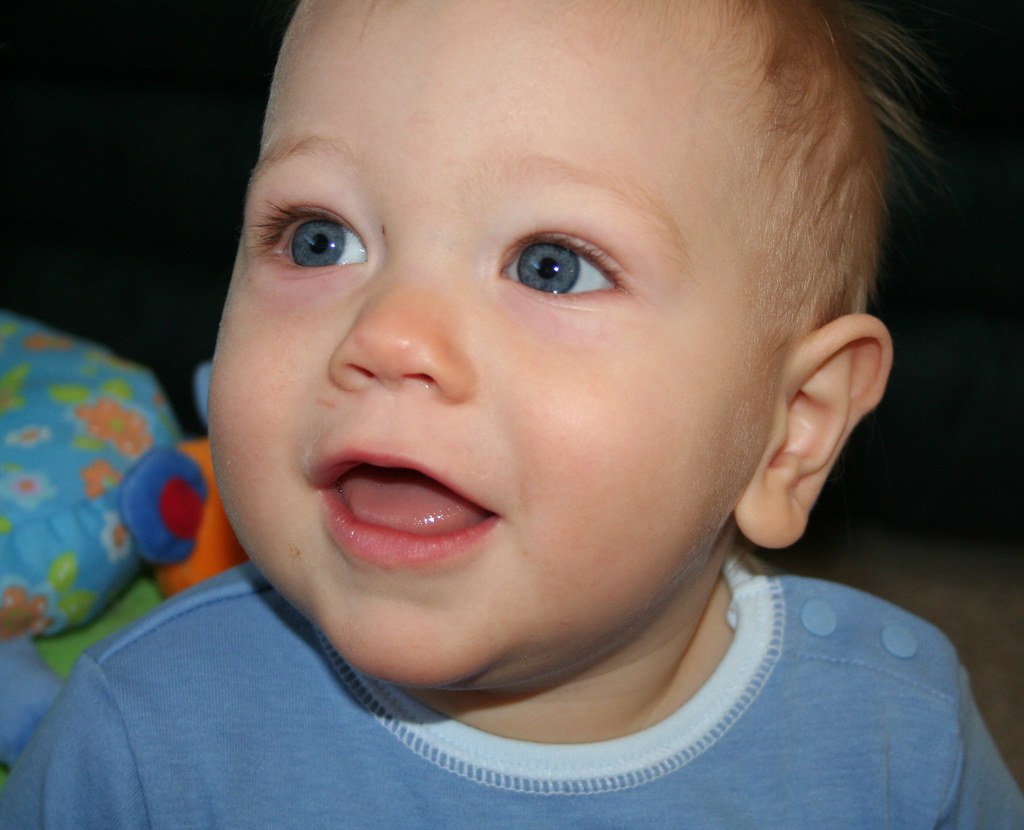
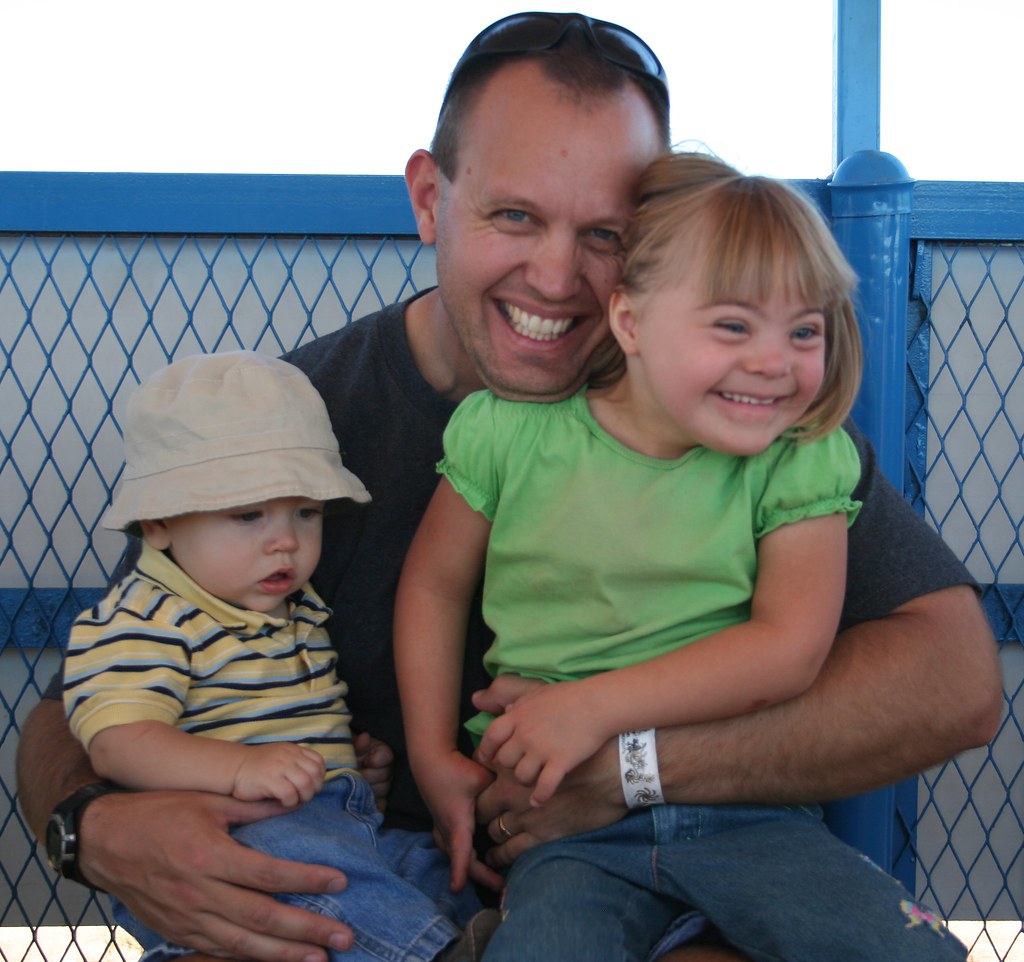
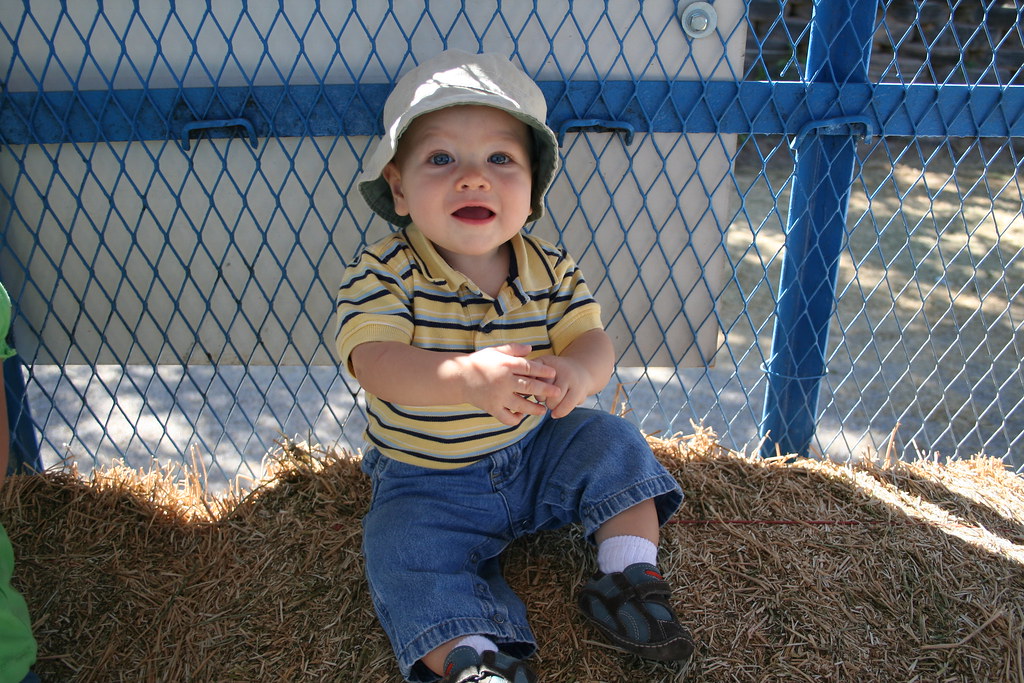

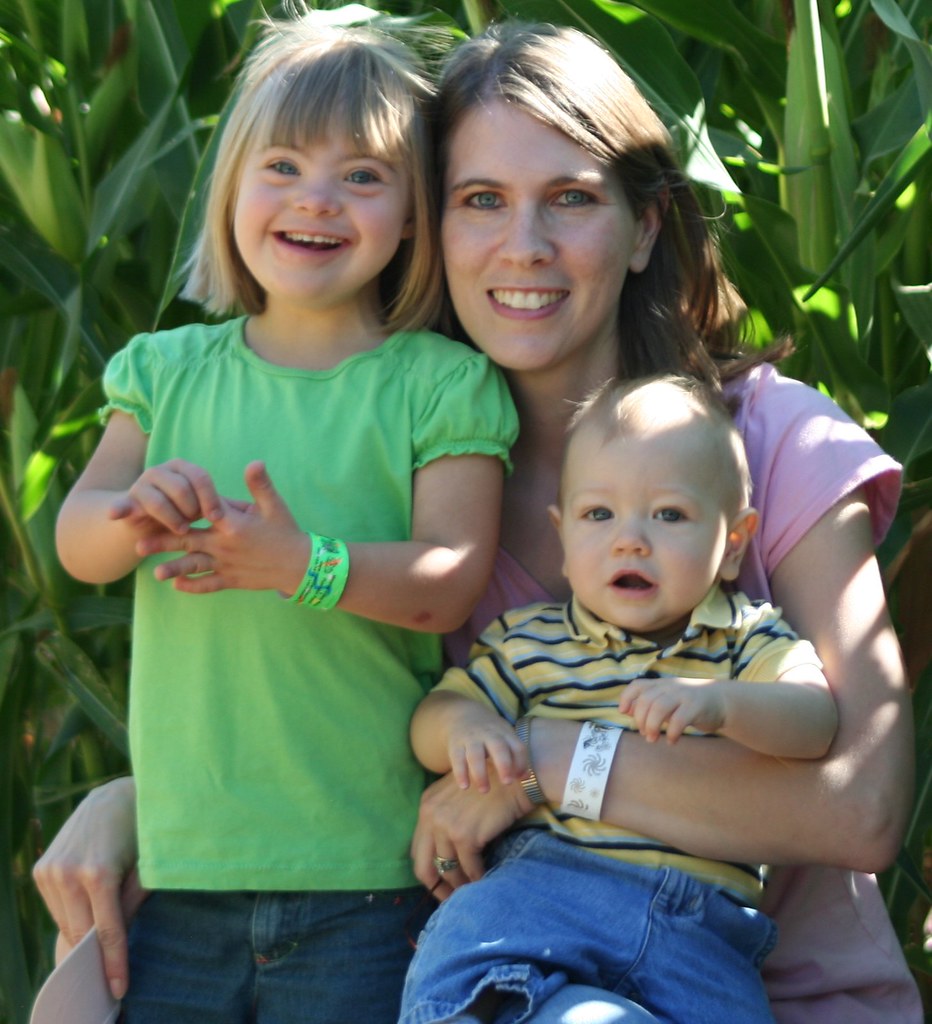
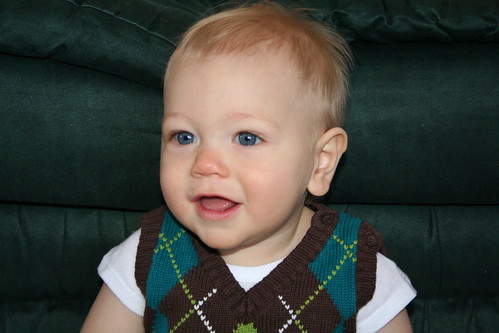
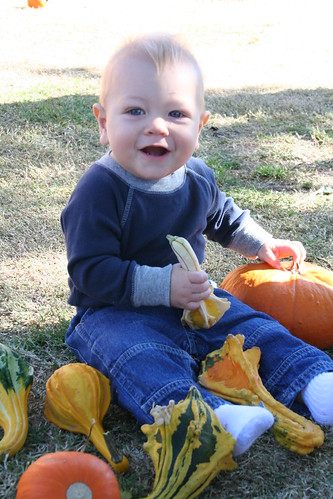
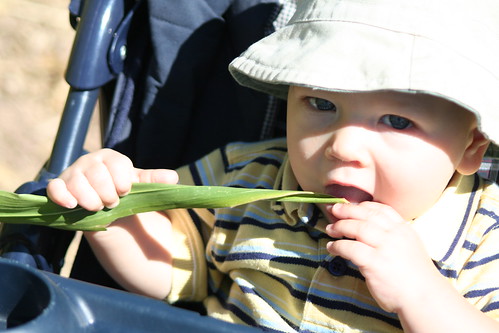
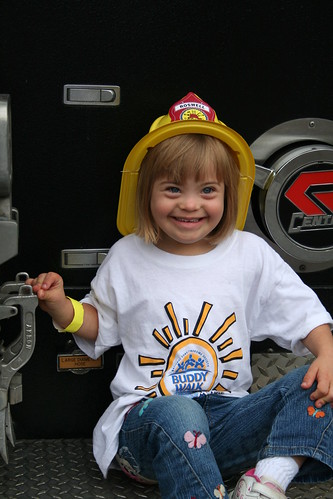
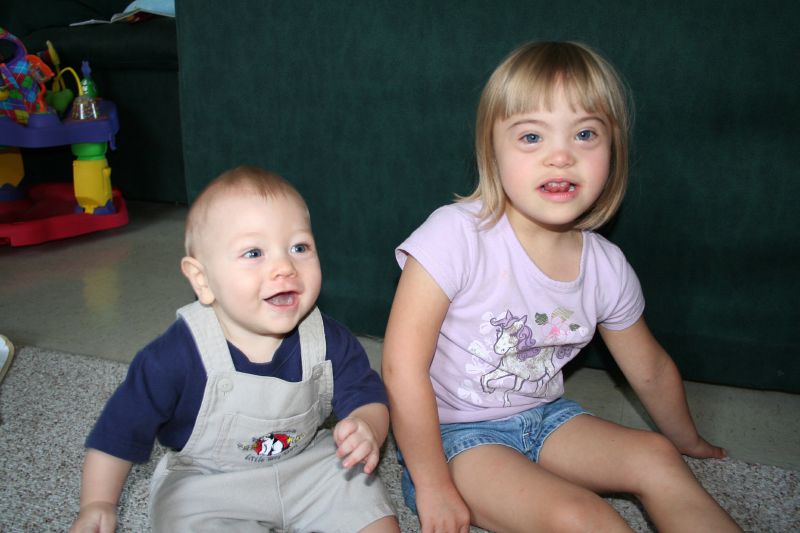
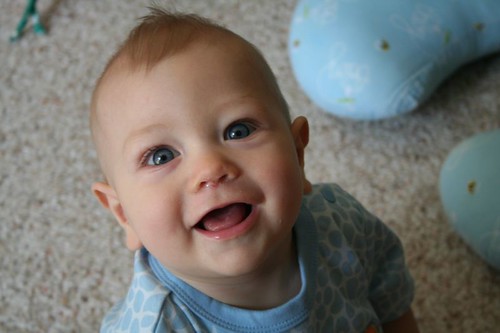
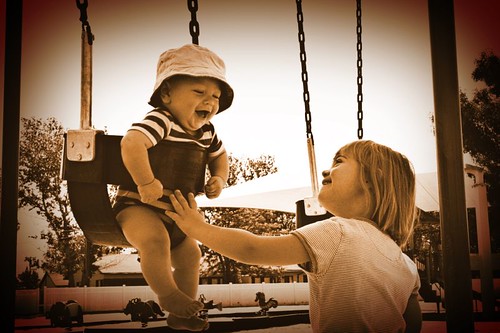
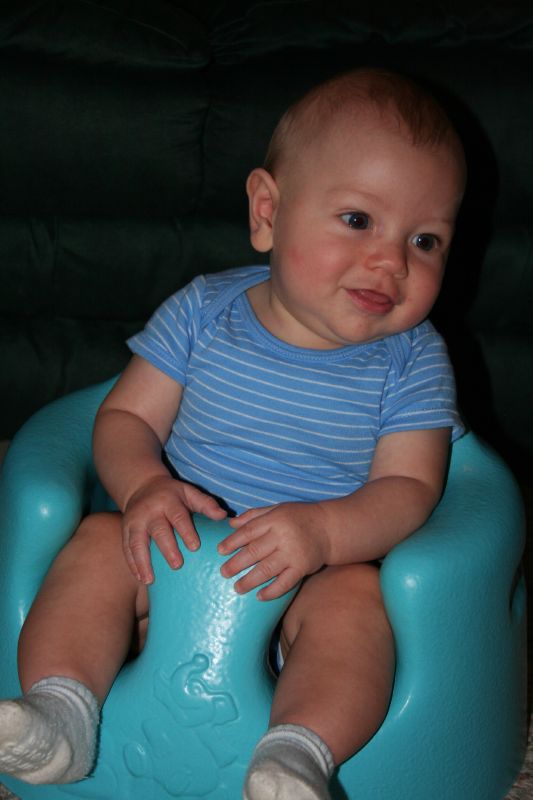
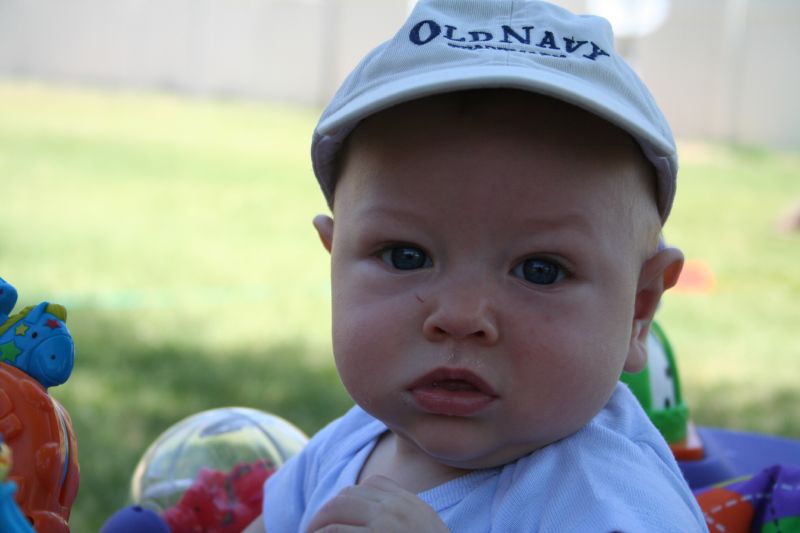
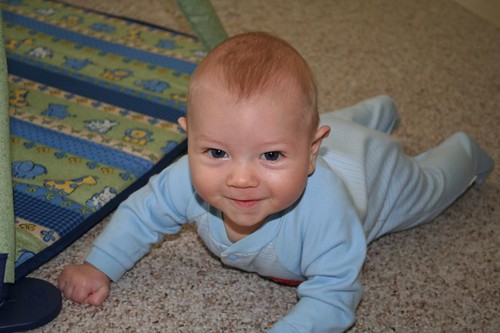
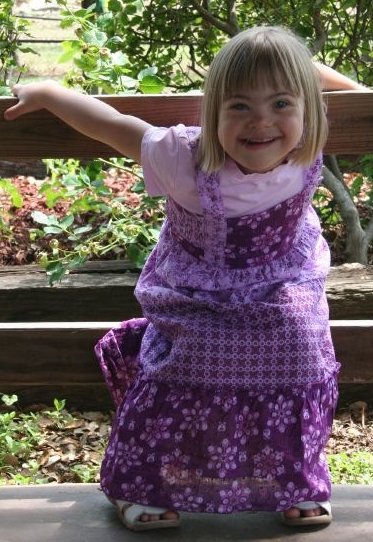
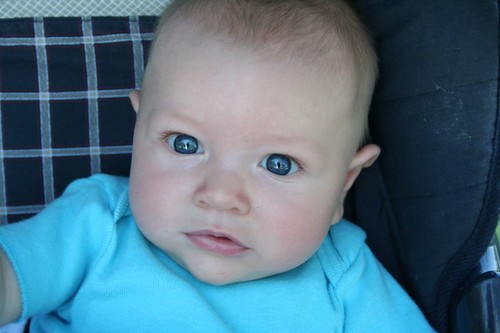
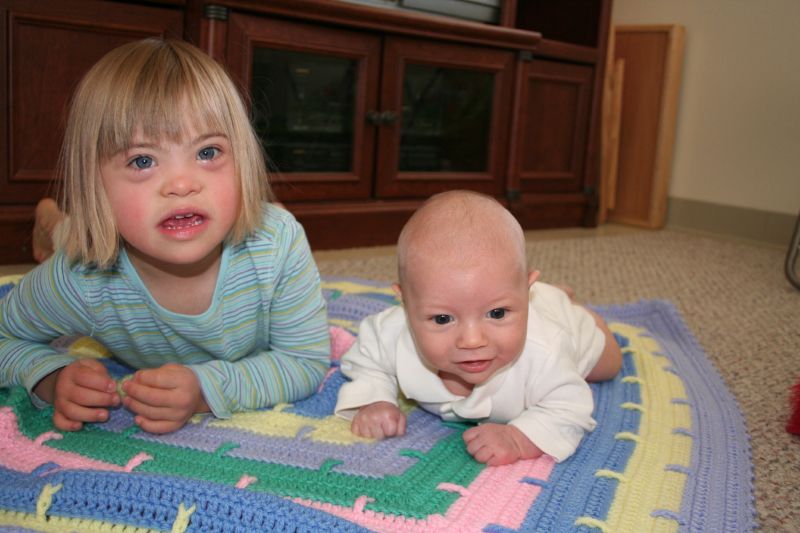
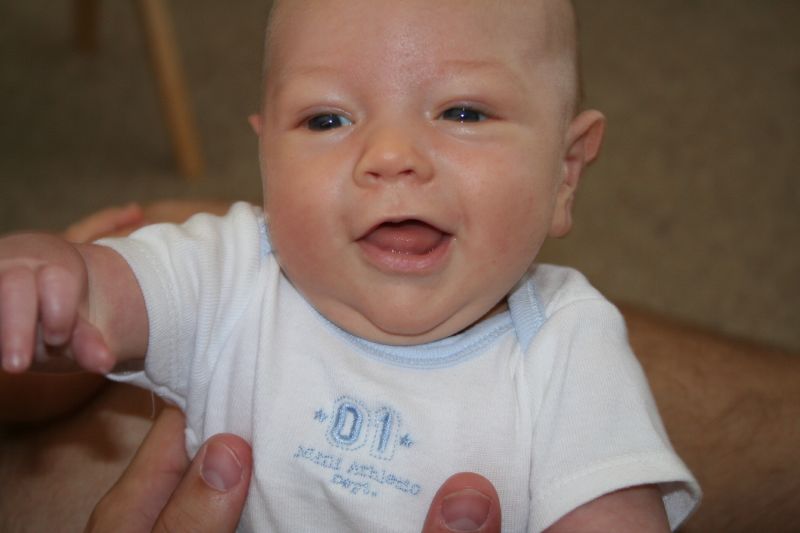
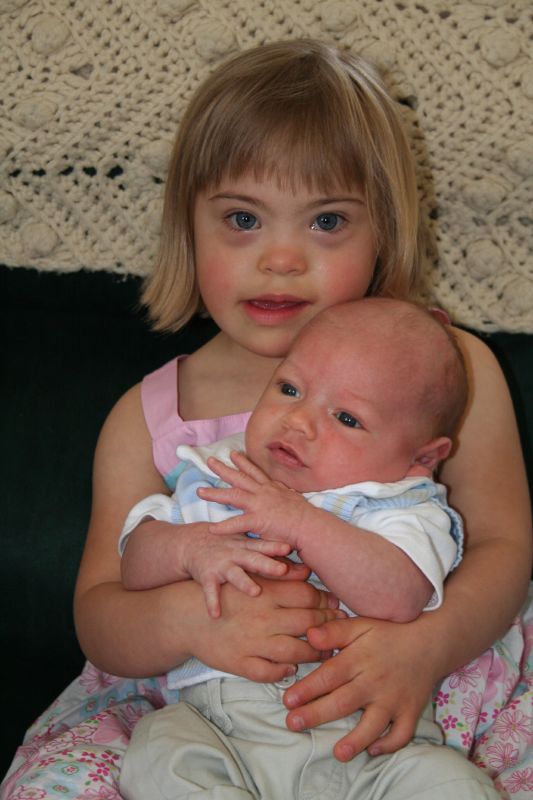
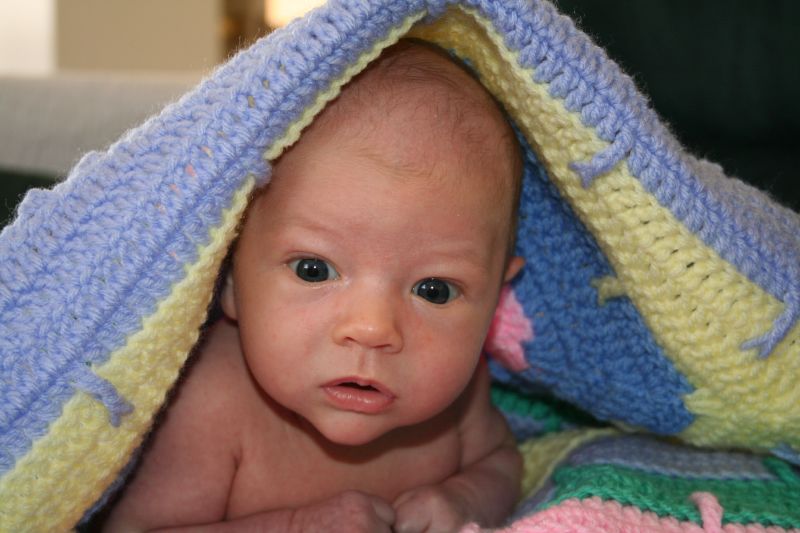
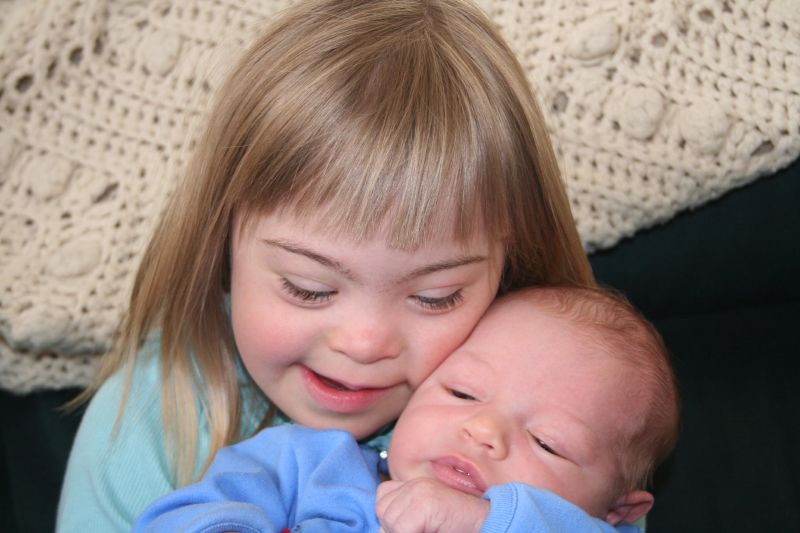
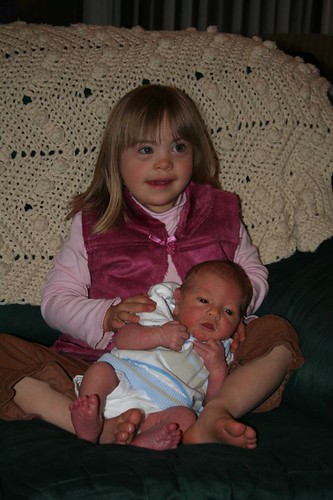
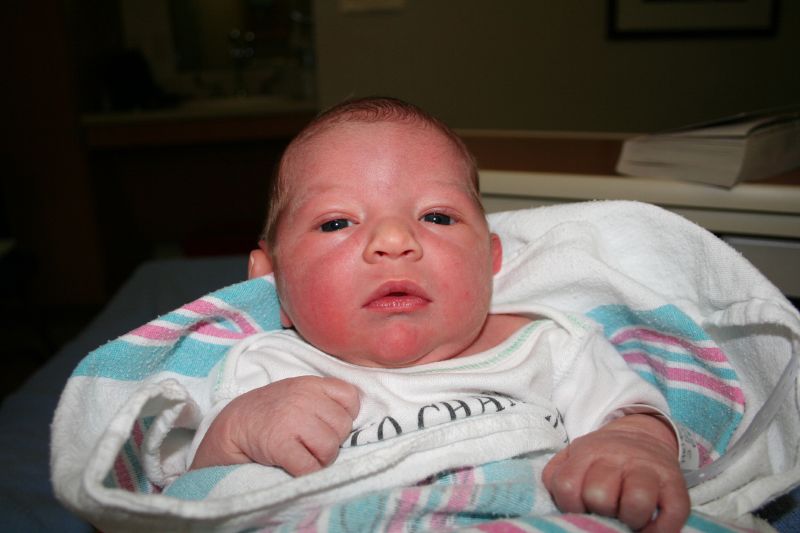
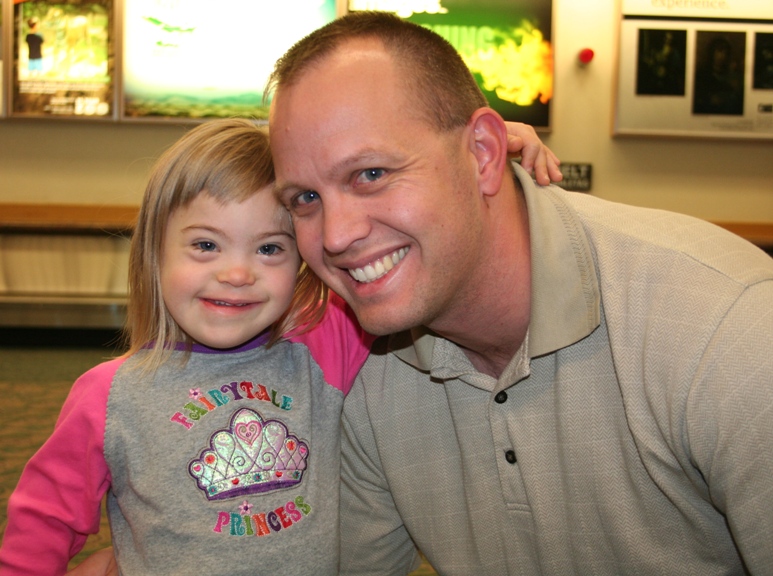
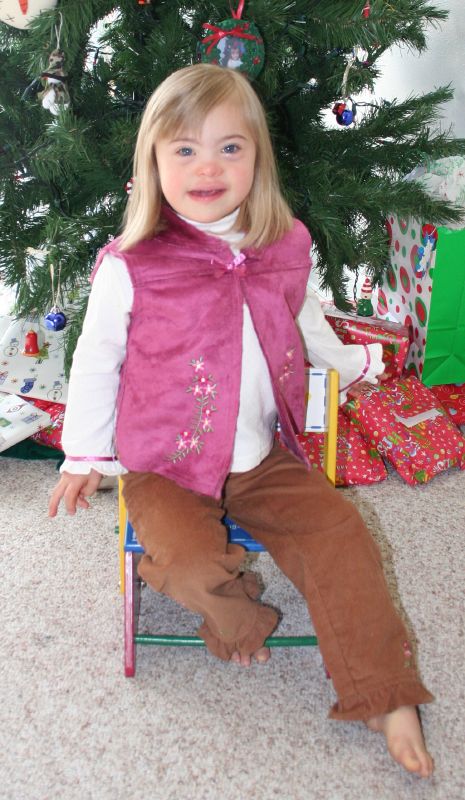
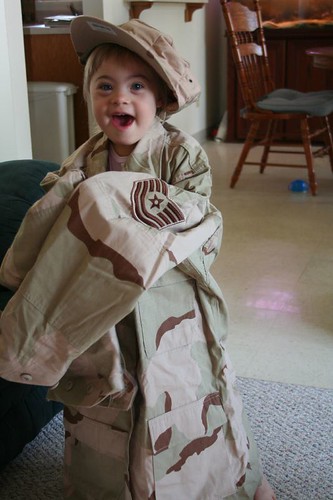
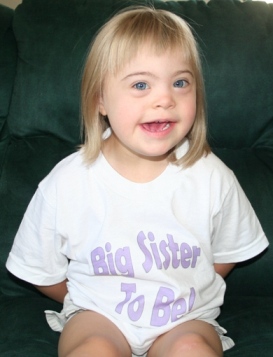
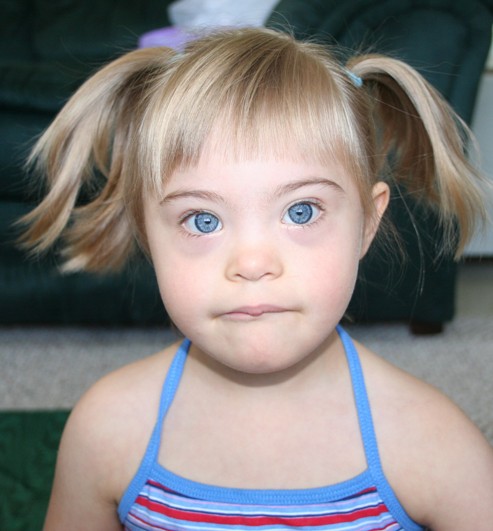
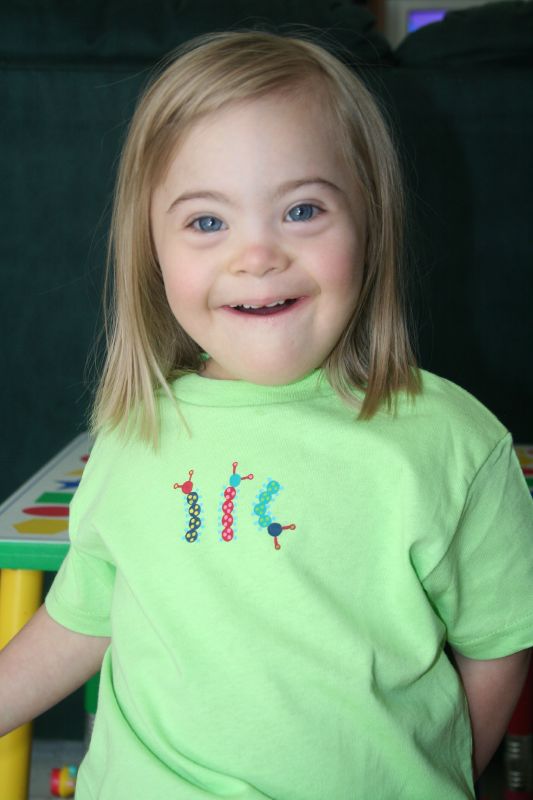
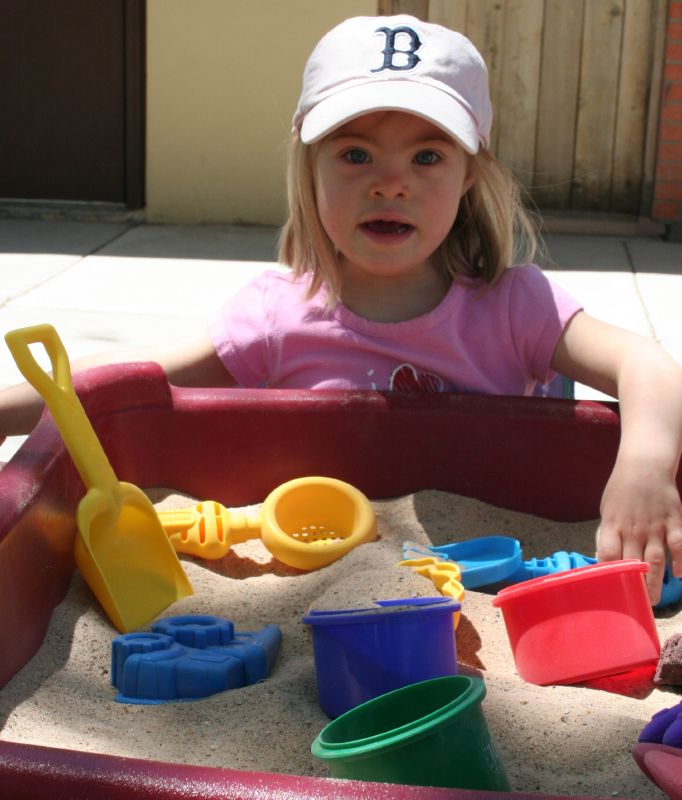
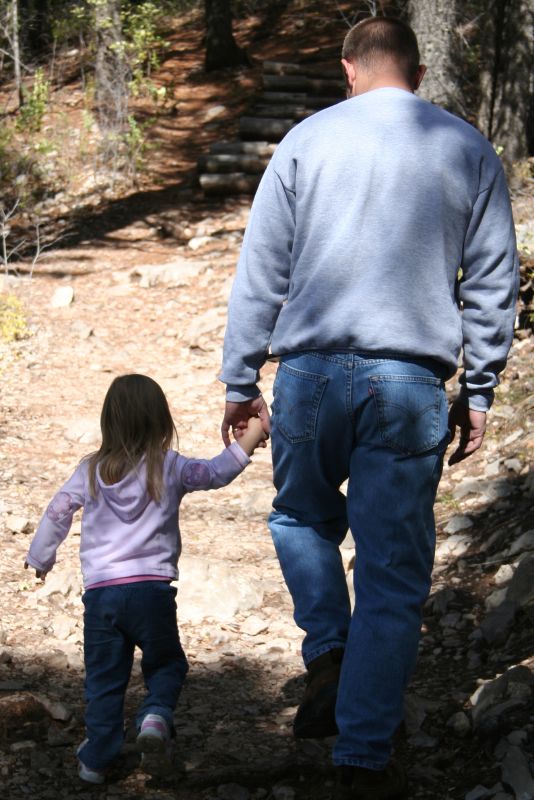

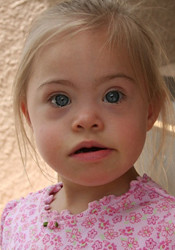
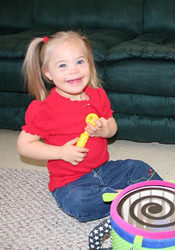



3 comments:
Great discussion, thanks for that.
I have just given a local service provider the flick because I realised they do not under stand the concept of inclusion, rather providing their services around the 'special' paradigm. Thanks again Michelle.
powerful and so true. is society today "still hiding" special needs(people with disability, but using a different word/ phrase. anyway, love mom
Great share and also musings on the share. Special = separate, it really does feel that way so much of the time. Hmm. What an evolution of positive speak (or an attempt at) to reality.
Still, your words continue to fight the good fight. :)
Post a Comment